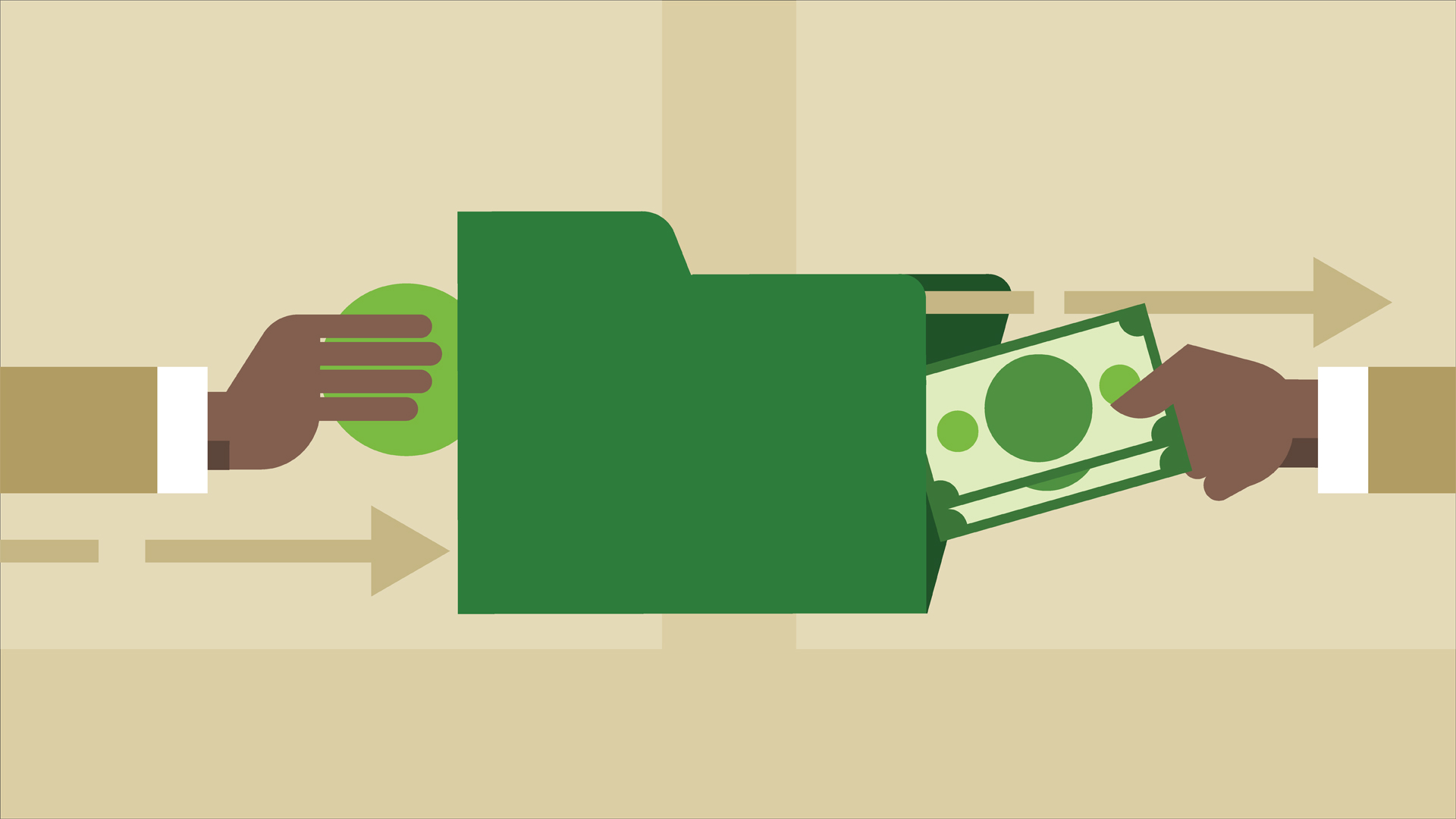The decision to invest is only made for two reasons. First, you want to grow more money with your funds through interest, income or the appreciation of value as compared to leaving them in a savings account, earning you next to nothing in interest, or worst, shrinking the value of your money due to inflation. And secondly, you want your investments to provide more financial security than what your job offers.
All thanks to modern day technology, a few bucks and an Internet connection is all you need to get started. But make no mistake. Investing is no child’s play, but when executed wisely, the rewards can handsomely pay off overtime, and in some cases even before your next paycheck arrives in the mailbox.
But before you jump on the investing train, here are a few things to first remember:
Understand the Difference of Investing vs. Speculating
Where knowledge matters in investing, the outcome in speculating solely depends on chance. Like a gambler, the speculator is certain to eventually lose because the odds always favor the house. Investing means you never risk money you absolutely can’t afford to lose by doing your homework and taking calculated steps. One of the reasons why many people find it hard to invest because it takes real discipline and that means being financially responsible as an individual and for those around us. Billionaire investor Warren Buffett believes the most important quality for an investor is temperament, not intellect. The good news is you don’t have to be a genius to cultivate good money habits.
Evaluate Your Current Financial Situation
We often hear the saying that timing is the key ingredient when it comes to making investment choices. From an individual point of view, it is everything. Take a real and honest look at your current financial well being before you consider if it is the right time to invest your money. For instance, if you are investing out of desperation to pay off overdue mortgage loans or high credit debts, you are more likely to make silly investment decisions and chalk up a bigger financial burden. Investing irrationally or out of panic is a clear recipe for disaster and should be avoided at all costs. Remember, investing is not foolproof and even seasoned investors make amateur mistakes under pressure. For obvious reasons, the best way to set foot on your investment journey is to set yourself aside with a fund of disposal income that suits your personal goals and risk appetite.
What is Your Objective for Investing?
Though it’s hard to disagree, your age plays the biggest factor when it comes to making investment choices. In general, the common metaphor is to set long-term investing goals when you are young and shorter ones when older. For example, investing in less risky instruments closer to retirement makes more sense because your primary goal is to preserve the value of your money when you need it soon. On the other hand, being young has its advantages in the investing world. You have more disposable income and a lot more time to sit back and wait for your investments to compound, earning you interests on your interest as well as principle. Being young also means you have more time capacity to recover from a downtrend and afford to take a risk for higher returns since you will not be needing your money anytime soon.
Consider a mix of different investment options
Having all of your resources in one place, pinning all your hopes or future in one thing is a risky move. The same holds true for any successful investor. The point is this – when that one basket breaks, so will all the eggs. Investing all your capital in only one stock or instrument is no different as to inviting trouble. Instead, plan ahead and diversify your investment portfolio only when you become more experienced and skilled. Diversification in investing terms simply means to allocate your investments (eggs) across different instruments and industries (basket), and therefore reducing the overall risk of the investor.
Getting Yourself Educated
Brokerage legend Charles Schwab has a terrible bias about where people should make their first investment. “I really think people should make their first investment in themselves,” he says. Investing in yourself is the greatest asset you can ever own. It’s never too late to pick yourself up and start. As compared to the past, there are now thousands of great investment books or sites to choose from. But a word of caution here, there is no ‘one-size-fits-all’ way of investing as every investment is unique to each investor. A better way is to seek out qualified professionals and instructors or join a like-minded community to shorten your learning curve. While some may argue that investing is a trial-and-error route, wouldn’t it make more sense to learn from someone who has been there, done that, paid for the silly mistakes so that you don’t?
